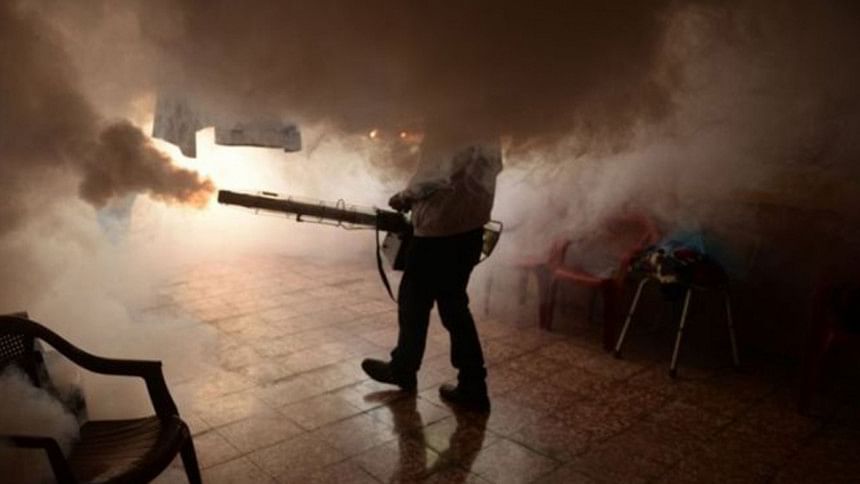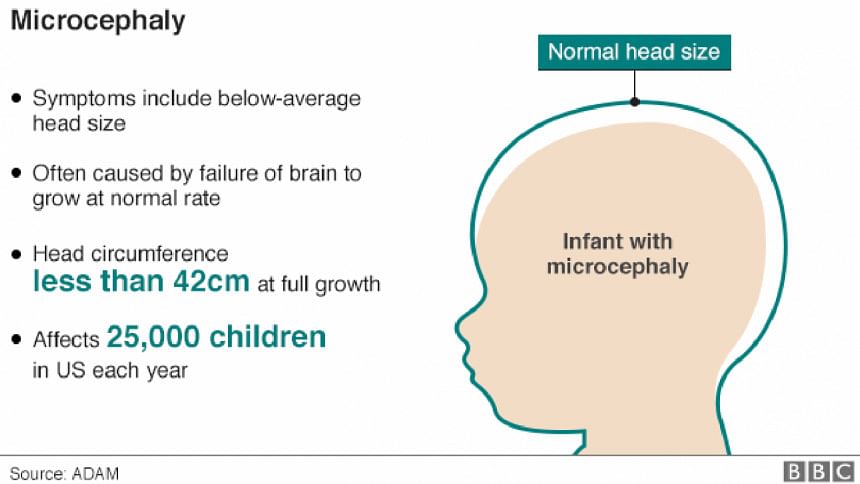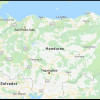Zika virus triggers pregnancy delay calls

Officials in four Latin American and Caribbean nations have warned women to avoid pregnancy amid concerns over an illness causing severe birth defects.
Colombia, Ecuador, El Salvador and Jamaica recommended to delay pregnancies until more was known about the mosquito-borne Zika virus.
This followed an outbreak in Brazil.

Brazil said the number of babies born with suspected microcephaly - or abnormally small heads - had reached nearly 4,000 since October.
Meanwhile, US health authorities have warned women to avoid travelling to more than 20 countries in the Americas and beyond, where Zika cases have been registered.
The link between microcephaly and Zika has not been confirmed - but a small number of babies who died had the virus in their brain and no other explanation for the surge in microcephaly has been suggested.
The virus is not contagious and normally has flu-like symptoms.
'INCREDIBLY NAÏVE'
In Colombia, Health Minister Alejandro Gaviria urged women to delay pregnancies for up to eight months.
"We are doing this because I believe it's a good way to communicate the risk, to tell people that there could be serious consequences," he was quoted as saying by Reuters.
Similar warnings were issued in Ecuador, El Salvador and Jamaica.

However, women's rights campaigners criticised the recommendations, saying women in the region often had little choice about becoming pregnant.
"It's incredibly naive for a government to ask women to postpone getting pregnant in a context such as Colombia, where more than 50% of pregnancies are unplanned and across the region where sexual violence is prevalent," said Monica Roa, a member of Women's Link Worldwide group.
Forty-nine babies with suspected microcephaly have died, Brazil's health ministry says. In five of these cases an infection with Zika virus was found.
Brazil is experiencing the largest known outbreak of Zika, with most cases in the north-east. Others have been detected in the south-east, an area which includes Rio de Janeiro and Sao Paulo.
There has been a sharp rise in the number of cases of Zika in several other Latin American countries.
In Colombia, more than 13,500 cases have been reported.
The US Centers for Disease Control and Prevention issued initial travel warnings to pregnant women last week, adding eight more places to the list on Friday. The warnings now extend to:
Central and South America: Bolivia, Ecuador, Guyana, Brazil, Colombia, El Salvador, French Guiana, Guatemala, Honduras, Mexico, Panama, Paraguay, Suriname, Venezuela; Caribbean: Barbados, Saint Martin, Haiti, Martinique, Puerto Rico, Guadeloupe; Oceania: Samoa; Africa: Cape Verde.

 For all latest news, follow The Daily Star's Google News channel.
For all latest news, follow The Daily Star's Google News channel. 







Comments